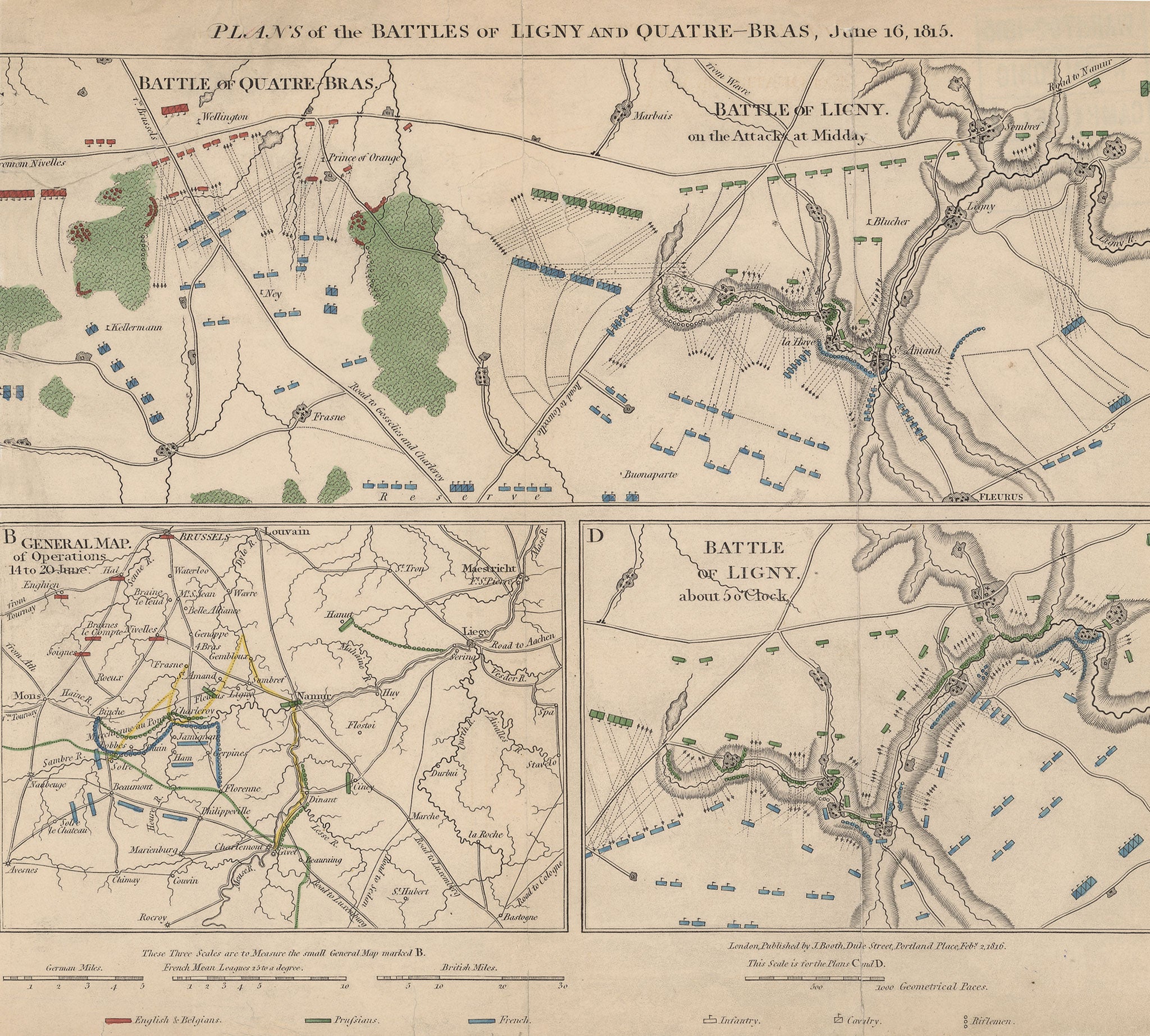Errors and Omissions: Don’t deprive Belgium of its long and illustrious history
It is true that the modern kingdom of Belgium dates only from 1830 - but the name goes back a long way

On Monday, we carried a picture of uniformed Napoleonic war enthusiasts taking part in a procession to commemorate the battle of Ligny, which took place in June 1815, two days before Waterloo. “Napoleon’s army,” the caption informed us, “defeated the Prussians in what is now Belgium.” That is not wrong, but it leaves out a great deal. For the country was already known as Belgium in 1815.
It is true that the modern kingdom of Belgium dates only from 1830. The country has a complicated history and has gone under several official names. The territory of the medieval counties of Flanders and Brabant, falling under the sovereignty of the Valois dukes of Burgundy, and later of the house of Habsburg, became the Spanish Netherlands, and later still the Austrian Netherlands.
But the name Belgium goes back a long way – at least as far as the Roman province of Gallia Belgica. That the name was current at the time of Waterloo is attested by the wonderful passage from Childe Harold (1818) in which Byron tells of the Duchess of Richmond’s ball, given in Brussels before the battle.
“There was a sound of revelry by night
“And Belgium’s capital had gathered then
“Her beauty and her chivalry, and bright
“The lamps shone o’er fair women and brave men.”
The upshot of all that is that in the picture caption the words “what is now” are redundant.
Two-for-one offer: Never before have two of this column’s most popular features, a Homophone Horror and a Mixed (or at least misapplied) Metaphor, been found in the same sentence. I am grateful to Bob Lowrie for pointing out the following, from a news story published on Monday: “The novel, published in 1938, is widely regarded [the text actually said “regarding”, but since there is nothing interesting to say about that, we will pretend not to have noticed it] as the pinnacle of the Jeeves cannon.”
First, “cannon” should be “canon”. The former is a gun; the latter a collection of sacred texts, or a cleric on the governing body of a cathedral. It is difficult to see how any of them could be said to have a pinnacle, which is the apex of a roof or a mountain.
You’re fired: “Boy, 16, fired airgun pellets at schoolchildren,” said a headline last Saturday. We who practise the noble art of archery suffer constant low-level annoyance from writers who refer to “firing” arrows from a bow. Firearms are fired, obviously, but arrows are shot, there being no fire involved. The same ought to apply to airguns.
Puzzle corner: Here is a headline from Monday. To appreciate its full mystery you have to see it with the original line breaks:
Iran censors crack
down ahead of
presidential poll
Eh? How do you censor a crack? At the second or third reading, you get it: “censors” is a noun, not a verb; and “crack” is a verb, not a noun.

Join our commenting forum
Join thought-provoking conversations, follow other Independent readers and see their replies